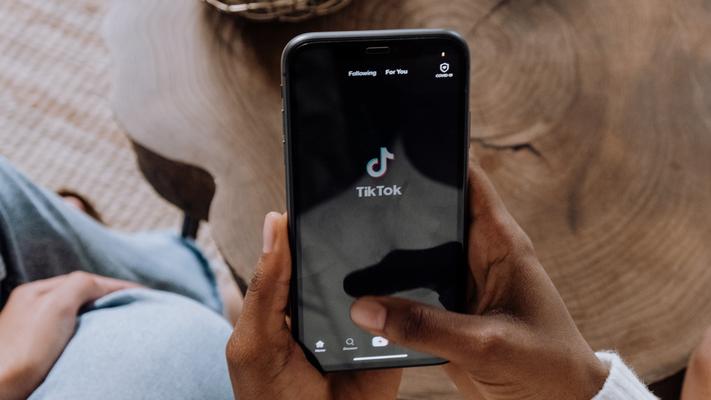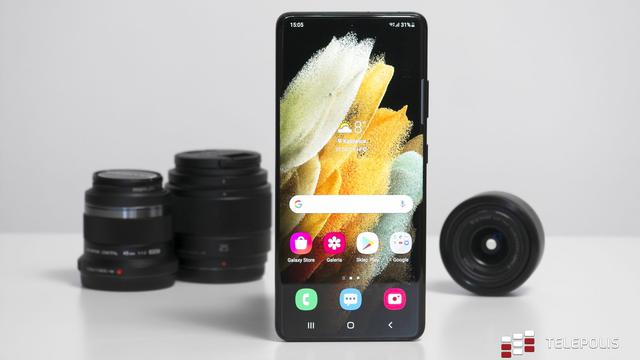TikTok and other mobile apps from China will be able to track users, even though Apple provides protection against this. These applications will use a method of identifying iPhone users that Apple cannot stop.
Apple has introduced changes to the AppStore and iOS to ensure the transparency of tracking mechanisms in applications and give us more control over them. This is why in the AppStore there are lists of permissions for many applications, and after installation, the applications ask for access to the information they need.
Tracking Protection will go even further. Apple is expected to introduce one more restriction in the coming weeks - app authors will have to ask users for permission to be tracked for marketing purposes. Specifically, they will not receive a unique device identifier without the consent of the owner.
However, privacy is not to the taste of China and Chinese advertisers. They are not going to play by the rules. An advertising union there, backed by the government, introduced CAID - an alternative method of identifying iPhones. Everything indicates that it will be used only in the Middle Kingdom, but it is still worth knowing about its existence.

See: Your iPhone must have them. Apple has selected the best apps of 2020
CAID will be tested by publishers of mobile applications, including the largest ones - ByteDance, which TikTok belongs to, and Tencent, which develops, among others, PUBG. Applications will reach for CAID when the traditionally used IDFA (Identifier for Advertisers) is unavailable.
I wonder how Apple will react to this. The company's position is that the app must 'ask' for permission to track, even if it uses a mechanism other than IDFA. I am sure that TikTok or PUBG will not follow this rule and will use their tracking mechanism anyway. This could lead to a conflict, possibly TikTok and PUBG will be banned from the AppStore.
See: iPhone users, abandon your privacy! - a new Facebook ad is encouraging
Do you want to be up to date? Follow us on Google NewsPhoto source: TikTok
Text Source: Financial Times, AppleInsider
Tags: appleappstoretiktokchinyapple china

